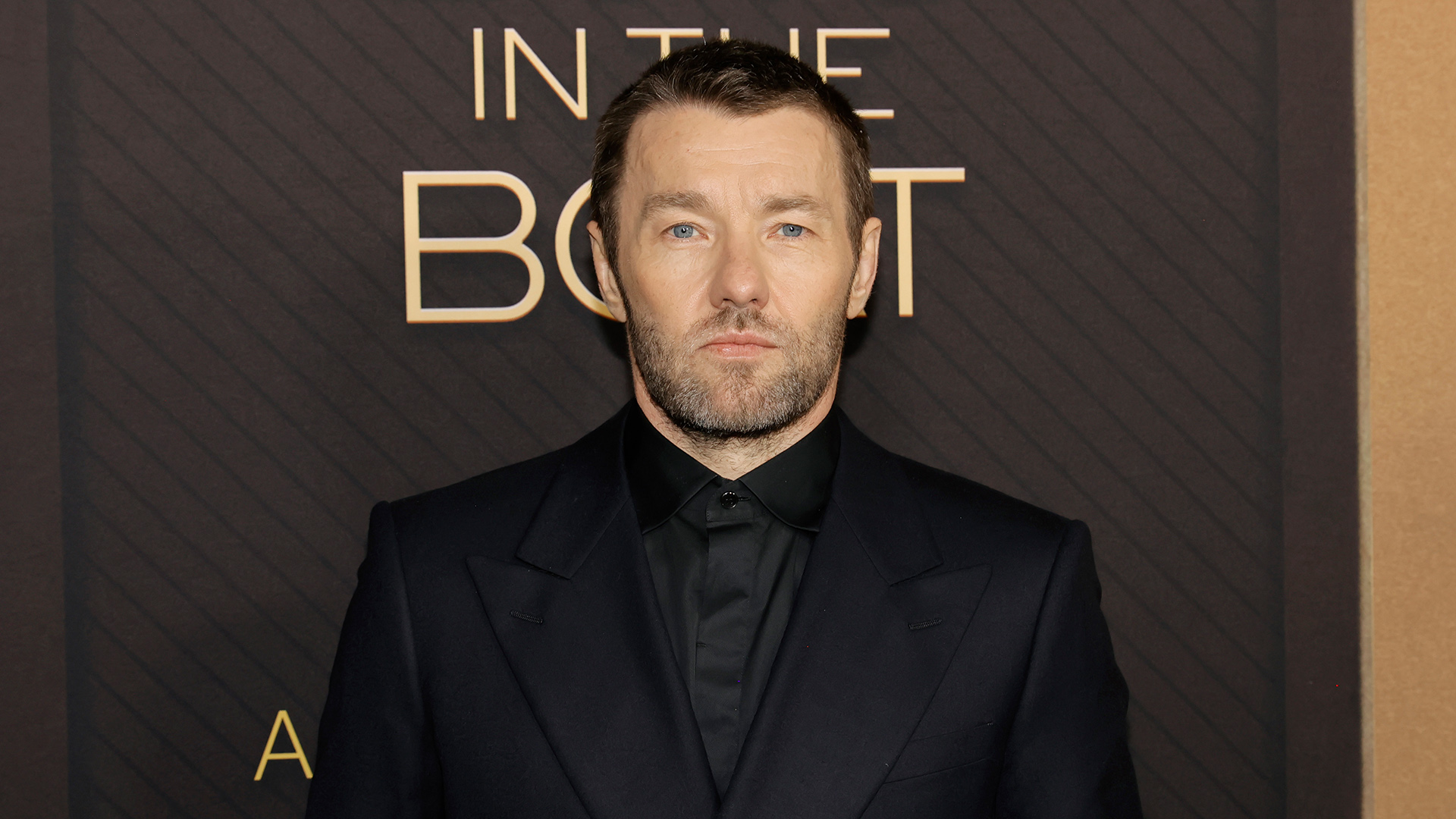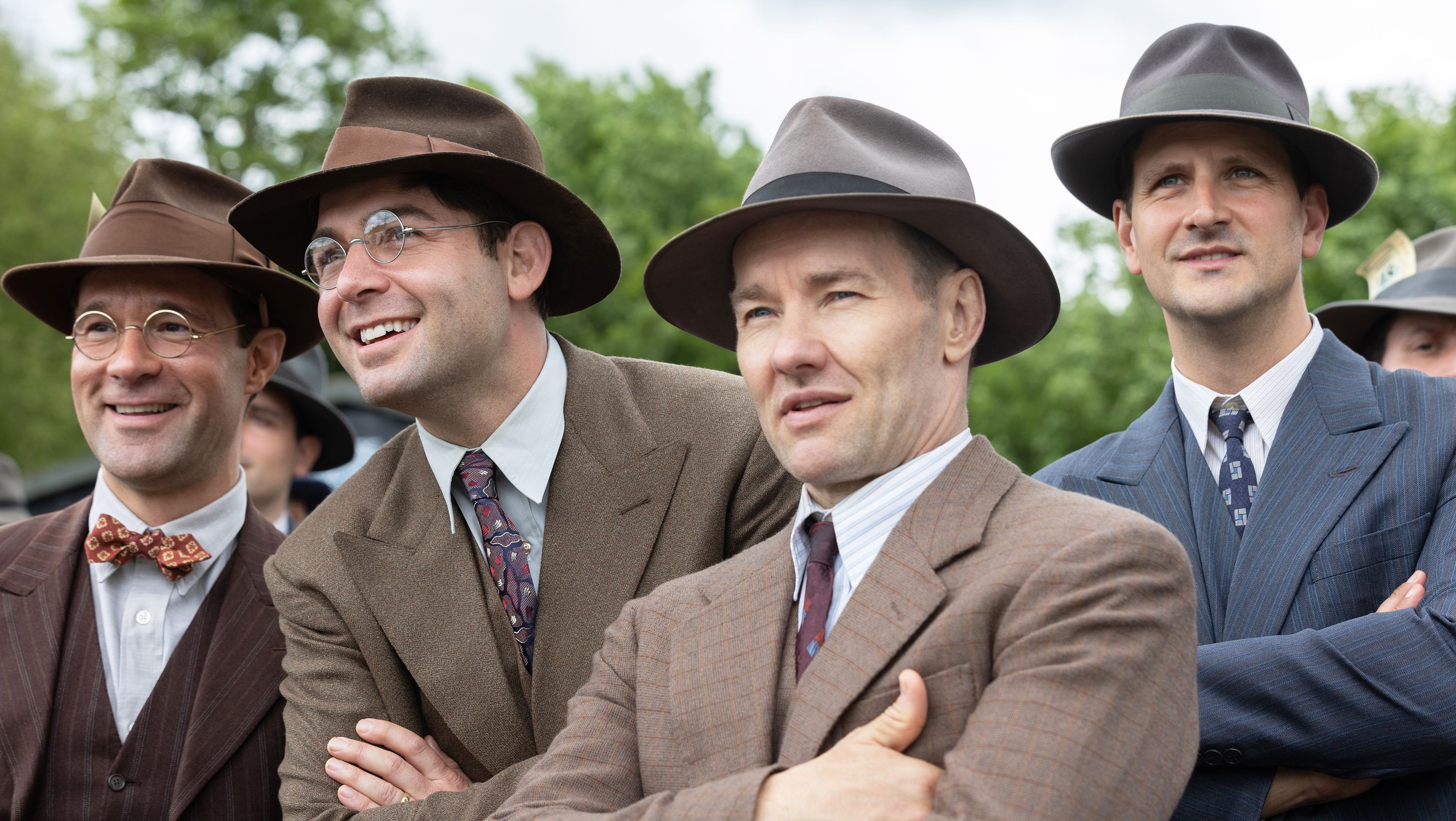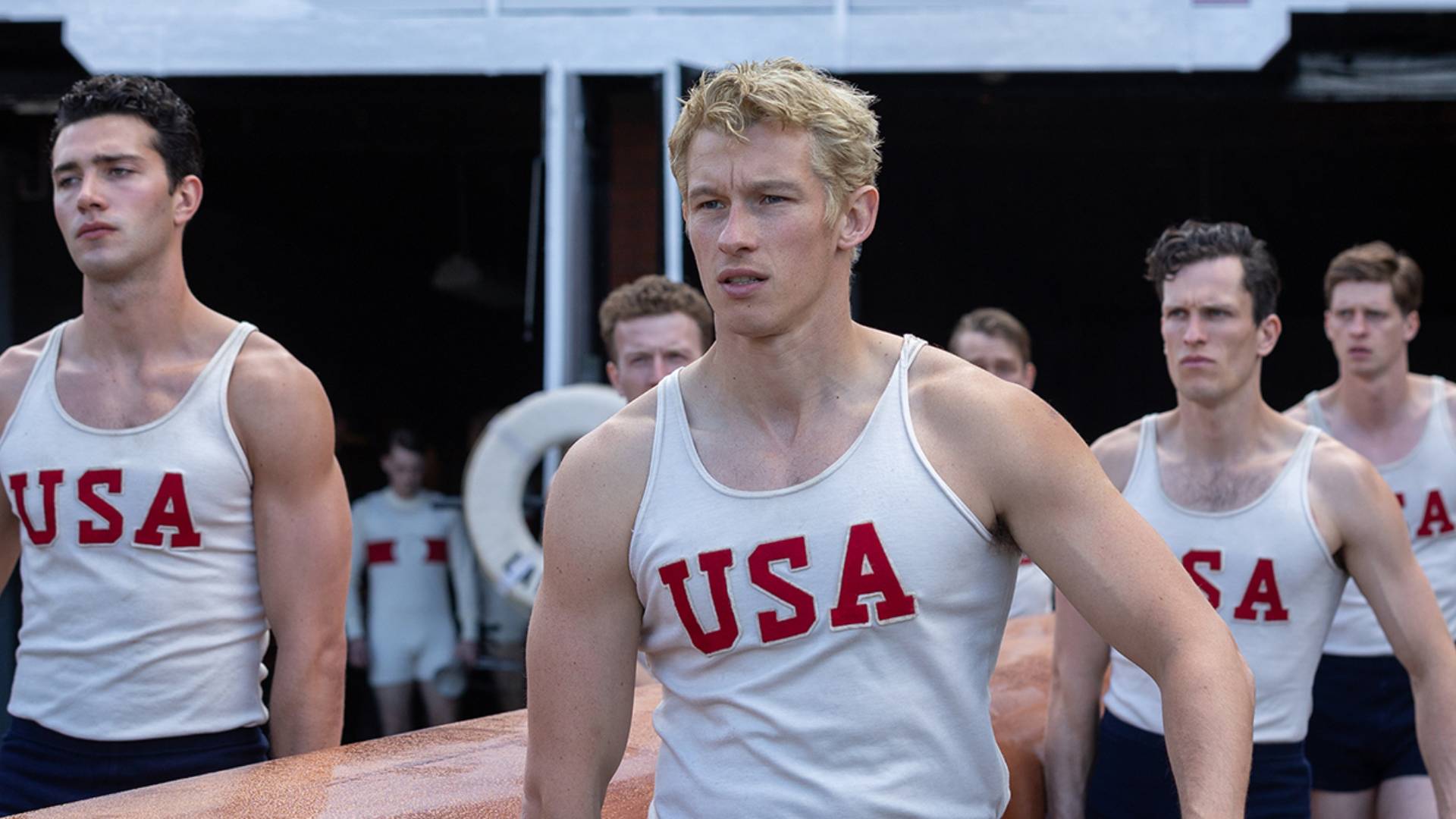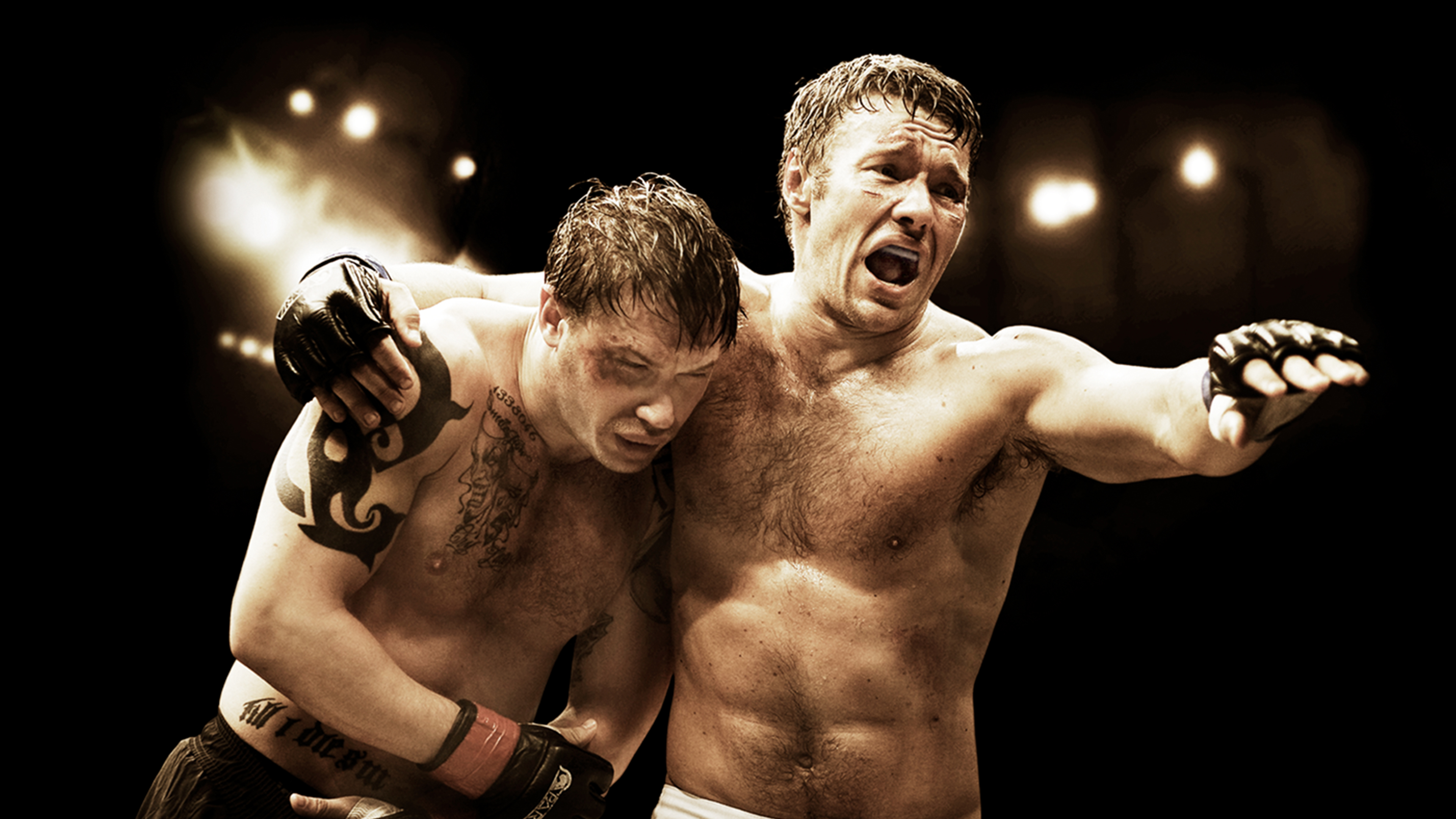
Who can resist a sports underdog tale? Especially one inspired by an astonishing true story? This is exactly what new film The Boys in the Boat is, an uplifting drama that transports us to 1930s Depression-era America, following a young rowing team as they fight against all the odds, competing against richer crews before heading to the 1936 Olympics where they faced the Nazis.
Directed by George Clooney, here helming his ninth feature film, the movie has a starry cast that includes Fantastic Beasts: The Secrets of Dumbledore's Callum Turner as rower Joe Rantz and Star Wars' Joel Edgerton as the team's coach Al Ulbrickson.
GamesRadar+ spoke to the latter about the new sports drama, why he wants to get back at Clooney, and whether he could still take on his Warrior co-star Tom Hardy in the ring. Our conversation has been edited for length and clarity.
GamesRadar+: Congratulations on the film! How much did you know about this story beforehand?
Joel Edgerton: I didn’t know anything about it until somebody brought this up with me. I then read the book and could see why people wanted to make it into a film – everything that was true was suitable to the building of an escalating story, all the obstacles and benchmarks they have to hit to finally show up in front of Hitler, stealing gold from his team. And there's something in the team message – these boys having to come together and support each other. It's pretty cool.
So, you play the team's coach, Al Ulbrickson. Dozens of boys try out for the rowing crew, but Joe is the one who really draws his attention. Why do you think he stands out to Ulbrickson?
There's something that he sees in Joe, that promise, but trouble too. There's a curiosity about him compared to the other boys – and there is something too with his background, his poverty. We wanted to draw a line between Ulbrickson and Joe, and a sense of kinship between them does start to grow. He is very hard on the boys though, always scrutinizing them.

As you mentioned there, Joe comes from a poor background – and poverty is a key theme here, as we see the working-class boys compete against richer, more privileged schools. Would you say that makes the story still relevant today, as money remains an obstacle in sport?
You could look at the film and say there's still an element of privilege in even those boys – it is hard to contextualize and look back on it. Americans might understand better which areas of the country really had the money to do that kind of thing – that still exists today. We see the greatest athletes in all different sports, but who are the people who never even had access to it, because they couldn't afford running shoes? Or you grow up in an area where only certain sports are played – on the other side of the world could be one you are fantastic at. There is someone out there who may be better but never had the chance. Things have incrementally changed and I love that people get inspired by those they see playing – they have never seen anyone who looks like them play that sport before, and then they become the next generation of winners.
There's a good line in the film about how it should just be about the talent – nothing else.
Yeah. But it's the same as entry into college – money opens doors. And it always will.

On this film you were directed by George Clooney, who like you is an actor and director [Edgerton helmed The Gift and Boy Erased]. Do you think your acting backgrounds means you both approach directing differently to others?
Not to say that it would always be the case, but it can be great being directed by actors as they understand performance. Also, he's not in this film, which means that he cared about the story enough just to make it – he could have shot a couple of other movies as an actor in that time, as he put aside a year of his life to do this. He cares and understands how to talk to actors without being too prescriptive. But I will have to try to direct George at some point to get him back, tell him what to do [laughs]!
Once you have sat behind the camera, a whole world of information opens up to you, empathy for the way films get made. I'm always curious whether that's going to change the way I work in front of a camera, be that guy who thinks that he knows better, but it hasn't been the case. Actors who become directors are lucky as they have watched so many others do it – can pull things from different people, the good and the bad, put it in your basket, steal tricks from everyone, and benefit from that.

Although you play the coach, did you do any rowing yourself whilst working on the film?
I did some single scull rowing. We shot a couple of things where my character goes into the rivers to check the lanes and conditions. So, I didn't have to row out a stroke, but it had to look like I knew what I was doing. But those scenes aren't in the film because they ended up being unnecessary, not because I did a bad job. Well, I like to think so anyway – but ask George!
I was very inspired by how much hard work the boys put in: endless weeks and hours every day, with no star treatment at all. Plus, every single one of them is as important as the others, which is just like how it is with the boys in the film.
We have seen you on the other side before though – you played an MMA fighter in Warrior. Have you still kept up with your training, as I know [co-star] Tom Hardy has?
No, I haven't been doing any of the MMA. I've been doing a little bit of boxing – but that's nothing compared to Tom Hardy. He's doing jujitsu tournaments now! Strangely, in the film, his character actually wasn't so much into that side of things, but now he's doing a lot more of it. For me, whilst I do box, I'm more into gentle things these days.
The Boys in the Boat is out in US and UK cinemas now.
For more we also spoke to Clooney and the cast about training for the new sports drama, why casting Hitler for the film was a strange experience, and whether Edgerton could still fight his Warrior co-star Tom Hardy. You can also hear more from Clooney and Turner on the latest episode of the Inside Total Film podcast.







